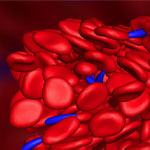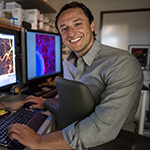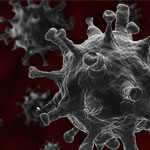San Diego Supercomputer Center’s ‘Comet’ Aids in Sickle Cell Research Discovery
Researchers recently created detailed simulations on the Comet system at the San Diego Supercomputer Center showing how these stiff red blood cells flow through blood vessels, deforming and colliding along the way.


















